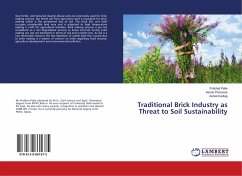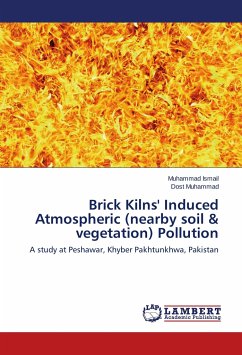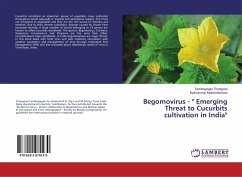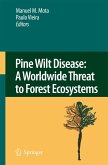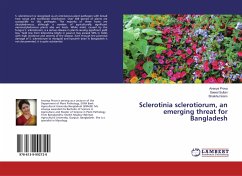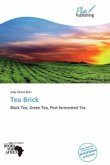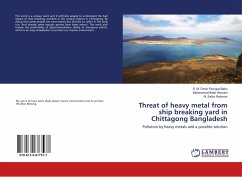Very fertile, well textured (loamy) alluvial soils are extensively used for brick making process. Top fertile soil from agriculture land is excavated for brick making which is the permanent loss of soil. The brick kiln unit itself occupies considerable land area and is subjected to high temperature making it unfit for agricultural activities. Brick making process is yet not considered as a soil degradative process as losses incurred during brick making are not yet estimated in terms of soil and nutrient loss. As soil is a non-renewable resource the fast depletion of arable land thus caused due to brick making is a matter of concern to India regarding food security, agriculture development and environmental pollution.
Hinweis: Dieser Artikel kann nur an eine deutsche Lieferadresse ausgeliefert werden.
Hinweis: Dieser Artikel kann nur an eine deutsche Lieferadresse ausgeliefert werden.

